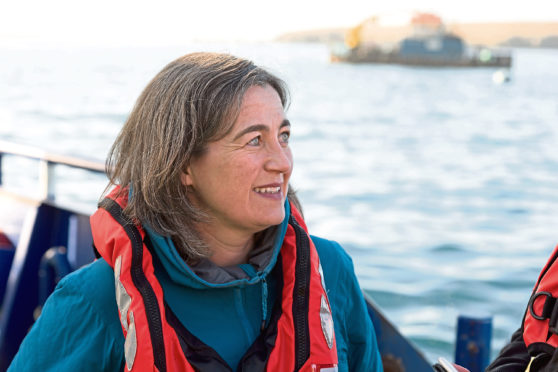Scottish salmon farming chiefs have warned the UK Government its Brexit policy is likely to place “huge unnecessary burdens” on Britain’s biggest food export.
Currently, salmon exports to the EU do not need export health certificates (EHCs) due to continued free movement of goods between Britain and the economic bloc.
But it is “inevitable” these exports will need EHCs after the end of this year, when the Brexit transition phase ends, because of the government’s decision not to align with EU rules in the future, the Scottish Salmon Producers’ Organisation (SSPO) said yesterday.
The trade body also warned extra red tape may cost Scottish salmon farmers £1.3 million to £8.7m a year, depending on the amount charged by councils for each EHC and the number required per lorry load.
In bureaucratic terms, it could mean processing and signing an extra 50,000 to 100,000 EHCs every year, each one of which has to be signed by either an environmental health officer or a vet, SSPO added.
The main haulage distribution hub for Scottish salmon exports – the DFDS base at Larkhall in South Lanarkshire – will need more staff, the industry body said.
It also warned there will be “delays and hold ups in the dispatch of salmon to the continent”.
SSPO chief executive Julie Hesketh-Laird said: “Scottish farmed salmon is the UK’s biggest food export. We now send more than £190m-worth of salmon to France, a third of our total exports.
“Once in the main French markets, the salmon can then be dispatched almost anywhere in the EU.
“We deal in a perishable product so it is crucial for the thousands of loyal customers we have in the EU that we get our fresh fish to key markets as quickly and smoothly as possible.”
Ms Hesketh-Laird added: “The addition of an export health certificate for every order of salmon to the EU would place huge unnecessary financial and bureaucratic burdens on our sector – potentially undermining one of the UK’s biggest modern export success stories.”
